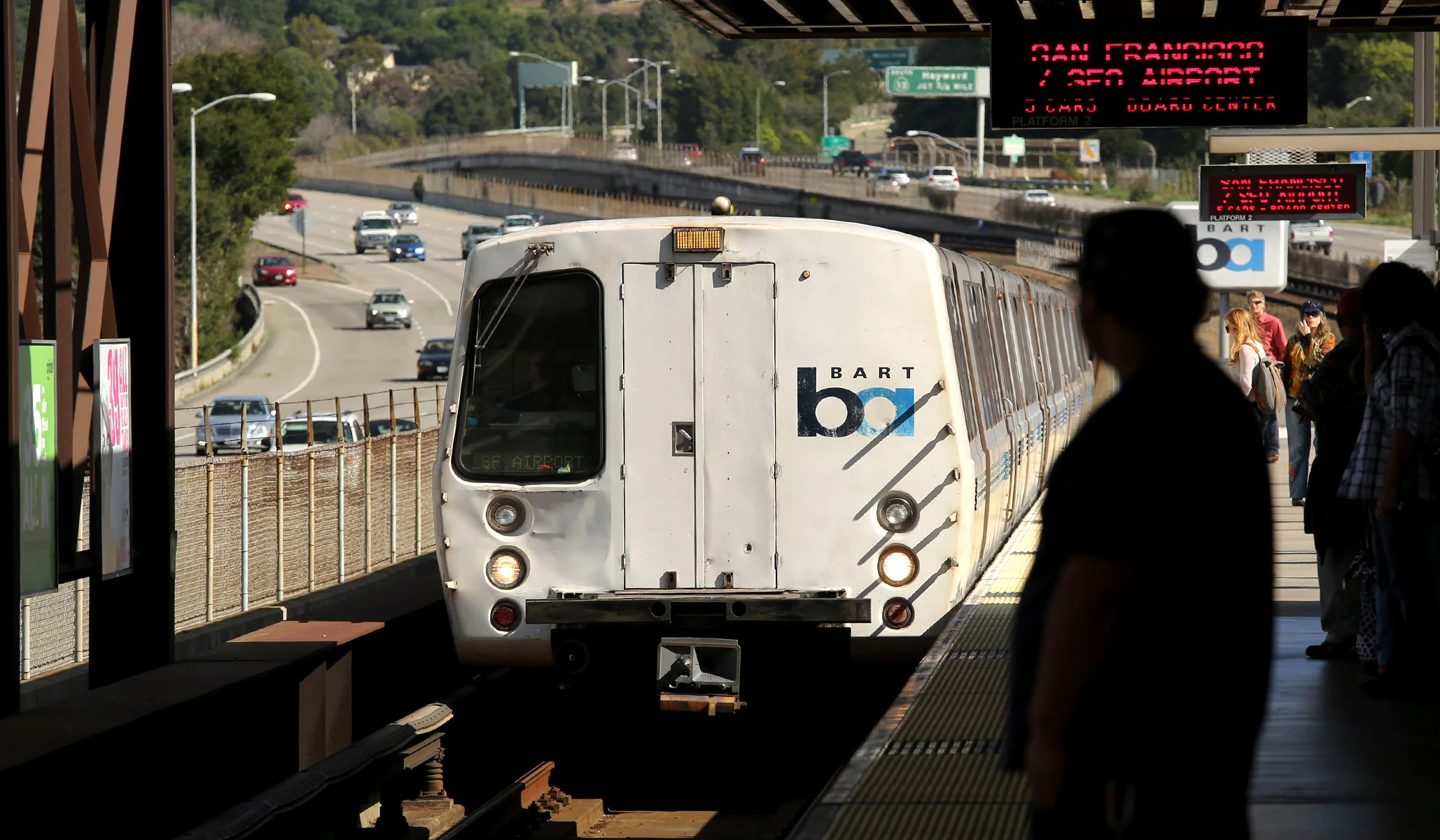Local governments have traditionally been responsible for specific functions, such as public safety and education. However, with the rise of environmental, social, and governance (ESG) frameworks and the diversity, equity, and inclusion (DEI) trend, there is increasing pressure for governments to address extraneous priorities. This mission creep can have adverse effects on the primary services that people rely on.
For example, while most cities were in good financial shape coming out of the pandemic, some are now facing challenges due to out-migration and the collapse of commercial real estate valuations. As a result, cities are being forced to choose between basic services like police protection and non-traditional services like looking after the homeless population. Municipal-finance expert Mark Moses recommends that city leaders take inventory of what they have taken on and shed ineffective policies.
Public colleges are also experiencing mission creep, with some institutions addressing what they define as “basic student needs.” The University of Hawaii, for example, has created a committee to decide how to best meet these needs, potentially displacing some of their educational responsibilities.
Transit agencies are also branching out into areas outside of their core function of moving commuters from their place of origin to their place of destination. One preoccupation of these agencies is transit-oriented development (TOD), which involves building dense housing complexes near train stations and bus stops. However, this can create unforeseen liabilities, as seen in the case of the Bay Area Rapid Transit (BART) district in Oakland.
BART leased land near Coliseum Station to an unqualified developer, and when apartments in the project flooded during last winter’s rainy season, residents demanded relief. BART has also heavily invested in DEI, with a permanent Office of Civil Rights responsible for BART’s social justice strategy. As BART plans to build an unnecessary second tunnel between Oakland and San Francisco, it has prioritized the task of standing up an 18-member Equity Advisory Council. Meanwhile, BART has found itself unable to execute its core mission without a large taxpayer bailout.
In rare cases, mission creep can lead to the elimination of a special-purpose government. The Kent County Land Bank in Michigan transformed itself into a developer of modular housing across the state, leading to complaints from private developers. After nine years of operation, KCLB was dissolved by the county commission that had created it.
While KCLB’s closure is atypical and not the result of fiscal distress, it serves as a warning to other agencies that exist at the pleasure of an overlying state or county. They could fall within the local government’s legislative crosshairs if they veer too far from their original missions, especially if they also require a taxpayer bailout.

